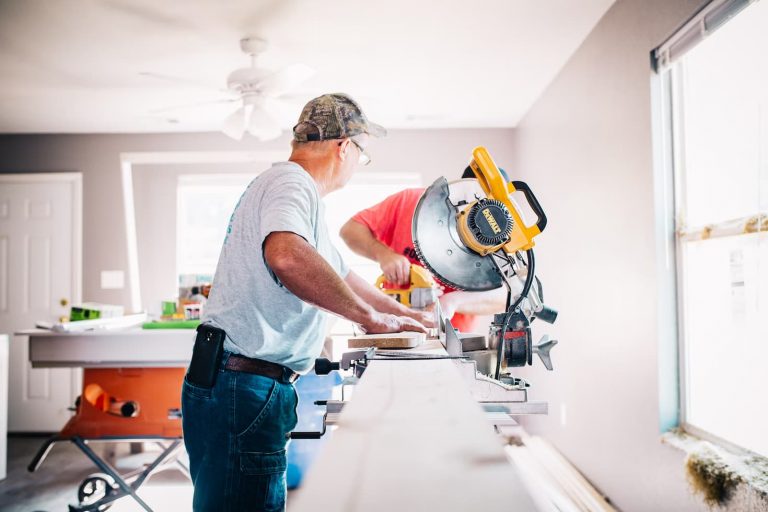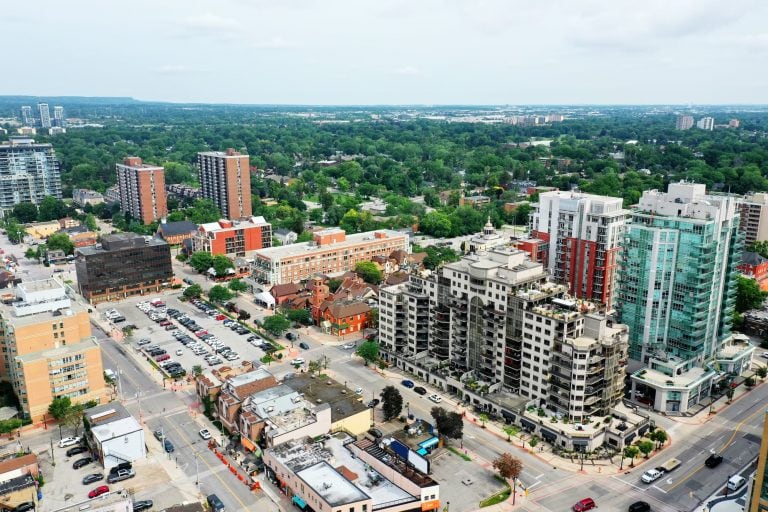There are a number of steps involved when buying or selling a home, and a real estate agent is a sure-fire way to make those steps more simple. However, before you can even consider searching for an agent, you’ll need to get a few things in order first. If you aren’t properly prepared to go into a conversation with a real estate agent, you may end up wasting your time and your agent’s time.
With that said, before you find and begin your buying and/or selling journey with the perfect real estate agent, here are some things to have in mind first.
Buying a Home
Buying a new home is a huge step, emotionally and financially – especially if you are a first-time homebuyer. However, a real estate agent can help make the process smooth and easygoing. Before you reach out to an agent for help, make sure you are ready for this step by doing the following:
1. Get Your Finances in Order
This feels obvious, but a few sneaky factors can creep up on you if you aren’t careful. When buying a home, you’ll want to make sure you not only have enough saved up to secure a mortgage loan (even with the first-time homebuyer incentive), but you’ll also want to ensure you have enough for closing costs, unexpected taxes and fees, while still having wiggle room for everyday costs such as groceries, gas, bills, and more.
One of the best ways to smoothly buy a home is to address your current debt before you even begin looking. If you can, pay off your credit card, student loan debt, and anything else weighing down your credit score before trying to get pre-approved. If paying your debt off in its entirety isn’t an option before you need to buy a home, try to get it as low as possible and get ready to show proof that you have a plan for paying it off.
2. Get Pre-Approved for a Mortgage
This step can go along closely with the previous one, but you won’t even be able to have a significant conversation with an agent about buying a home if you aren’t pre-approved (unless you are buying your home with cash). Ask a mortgage lender or your bank what mortgage options are available to you, and the terms of your mortgage will set the stage for the rest of your home-searching process.
To get pre-approved, the bank or mortgage lender will check out your debt, income, and other assets to determine how much mortgage you can afford. They will give you a few options for terms, interest rates, and prices, and from there you will use those numbers to dictate what kinds of homes you look at.
3. Study Your Local Market
This doesn’t have to be a full-scale investigation, but spend some time on real estate websites to see what home prices are like in the area you are moving to. Search for housing trends over the past 5 to 10 years and determine if it’s best to buy a home now or wait. You don’t want to mindlessly rush into things, only to later discover that housing prices dropped and you more than overpaid for your current home. Not only will this give you an idea on whether it’s the right time to buy, but it will also let you know what prices are typical for certain home types so that you don’t get scammed.
4. Make a List of Preferences
This is the most fun part of the process, and it’s very important. Whether you have 5 or 25 preferences for your new home, write them down for your future real estate agent. If you are in the market for a 3 bedroom home with a finished basement, but you don’t let your real estate agent know, they may come back with a number of listings that don’t fit what you need. Save you and your agent time and effort by figuring out these preferences beforehand.
We recommend making a list of your non-negotiables and then the preferences that you can give or take. This will put your agent in a great position to bring you back exactly what you’re looking for, while also leaving room for you to get an even better home than you imagined.
5. Interview a Few Before Settling on an Agent
Oftentimes, finding an agent can feel like blind dating. You know the surface-level basics of what you’re getting into, but you don’t really know how much you can trust them in the long-haul. The best way to avoid an awkward agent-client relationship is to interview a few agents to get a feel for how you guys will work together. Ask them how familiar they are with the area and what kind of clients they have served in the past. A simple phone conversation can go a long way in deciding the right real estate agent for you.
Selling Your Home
If you are reaching out to an agent to sell your home, there are a couple of additional things to do before beginning the process. Yes, even if you own a home in a hot market like Toronto real estate, you’ll still need to do some prep work. In many cases, you’ll be buying and selling at the same time, so the above steps will also apply to you. Here are the additional steps to consider when calling an agent to sell your home:
6. Declutter Your Home
The sooner you do this, the better! When you call your real estate agent, you need to be ready for them to show your house within a couple of weeks. With that said, clutter around the house doesn’t sell well. Start cleaning out drawers, cabinets, and other cluttered areas of the home as soon as you make the choice to sell. This will give you ample time to declutter the space, and it’ll make the process go a lot faster once you do call your agent to begin selling.
7. Give Your Home a Deep Clean
Similar to the clutter, dirty bathtubs and stained carpeting don’t sell very well. Do a once-over of the house and deep clean any appliances, features, and flooring that you haven’t paid attention to in a while. If you don’t have the time for it, hire someone to come in and do a deep clean. This step may sound tedious, but it could mean the difference between your home selling in one week versus several.
8. Address Any Needed Renovations or Replacements
If you have some older appliances in the kitchen or an outdated HVAC, getting these updated can add thousands of dollars to your offered amount. We recommend getting this taken care of before you call your agent because the financial burden of replacing these things can be heavy. It’s best to spread the expensive repairs out over the course of a few months, so your finances don’t take a huge hit. Plus, when your house is officially on the market, it may have offers before you’ve even completed the renovations, creating an unnecessary time crunch.
What To Do Before Calling a Real Estate Agent
Once you’ve checked off the above steps in this list, you are ready to reach out to your agent and start the home buying/selling process. By following these steps, you will have a much quicker, smoother, and more effective journey when selling or buying your home.













